Diploma in Electronic Engineering
(R3/0713/4/0039) 01/30 (MQA/FA12837)
This course suits those who are interested in mainstream electronic design and support. The diploma programme is designed to provide students with a good understanding of the electronics-related fields as well as offer opportunities to undergo practical training in the industry to obtain hands-on experience in the final year projects.
After completion of the diploma programme, you can opt for a related degree programme from either Faculty of Artificial Intelligence & Engineering (FAIE) or Faculty of Engineering and Technology (FET).
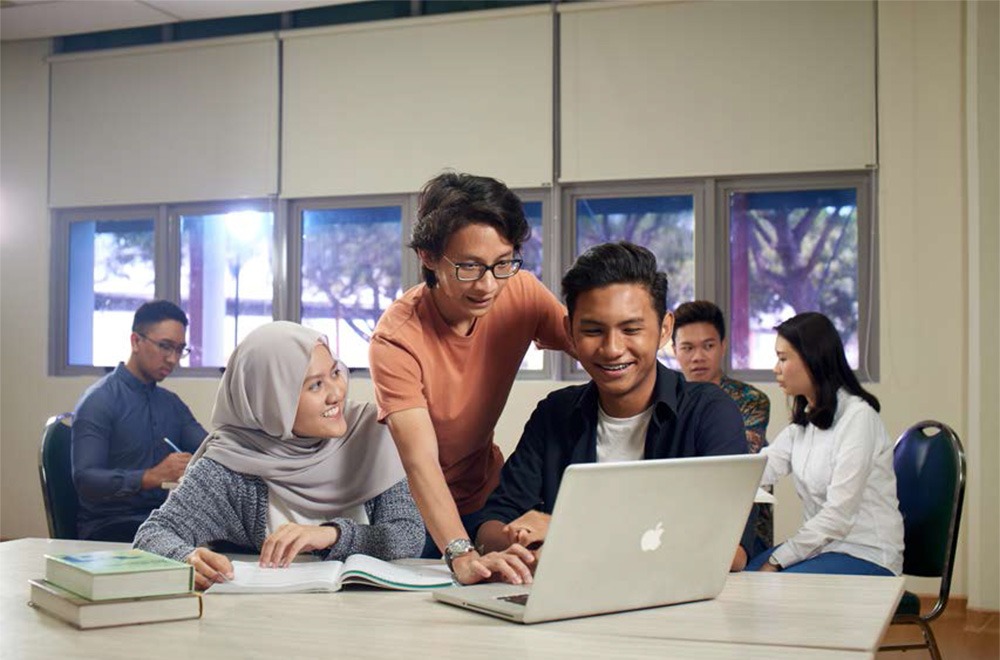
PROGRAMME EDUCATION OBJECTIVES
PROGRAMME LEARNING OUTCOMES
1. Technically competent graduates with the capability of enhancing career prospect or committed to continuing professional development
2. Graduates who are employed in engineering or related profession, or are enrolled in (or have graduated from) engineering school
- Knowledge: Apply knowledge of applied mathematics, applied science, computing fundamentals, electronic/mechanical engineering fundamentals and an engineering specialisation to wide practical procedures and practices.
- Problem analysis: Identify and analyse well-defined engineering problems reaching substantiated conclusions using codified methods of analysis specific to their field of activity.
- Design/development of solutions: Design solutions for well-defined technical problems and assist with the design of systems, components or processes to meet specified needs with appropriate consideration for public health and safety, as well as cultural, societal, and environmental considerations as required.
- Investigation: Conduct investigations of well-defined problems; locate and search relevant codes and catalogues, conduct standard tests and measurements.
- Tool Usage: Apply appropriate techniques, resources, and modern engineering computing and IT tools to well-defined engineering problems, with an awareness of the limitations.
- The Engineering Technician and the World: Consider sustainable development impacts to society, the economy, sustainability, health and safety, legal frameworks, and the environment, in solving well-defined engineering problems.
- Ethics: Understand and commit to professional ethics and responsibilities and norms of technician practice and including compliance with national and international laws. Demonstrate an understanding of the need for diversity and inclusion.
- Individual and Collaborative Team Work: Function effectively as an individual, and as a member in diverse and inclusive teams in multidisciplinary, face-to-face, remote and distributed settings.
- Communications: Communicate effectively and inclusively on well-defined engineering activities with the engineering community and with society at large, by being able to comprehend the work of others, document their own work, and give and receive clear instructions.
- Project Management and Finance: Demonstrate awareness of engineering management principles as a member or leader in a technical team and to manage projects in multidisciplinary environments.
- Life Long Learning: Recognize the need for, and have the ability for (i) independent and life-long learning and (ii) critical thinking in the face of specialised technical knowledge.
STAFF
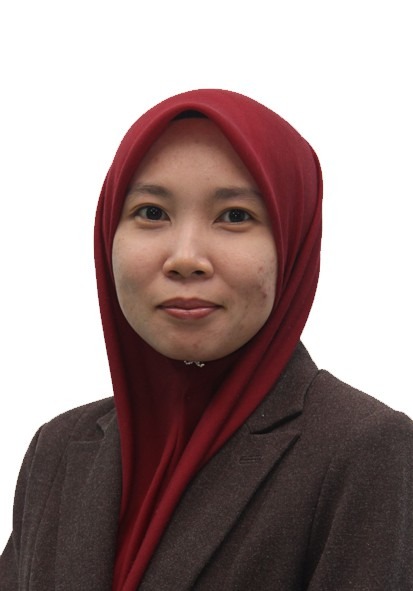
Ir. Dr. Noor Ziela Abd Rahman
Programme Coordinator
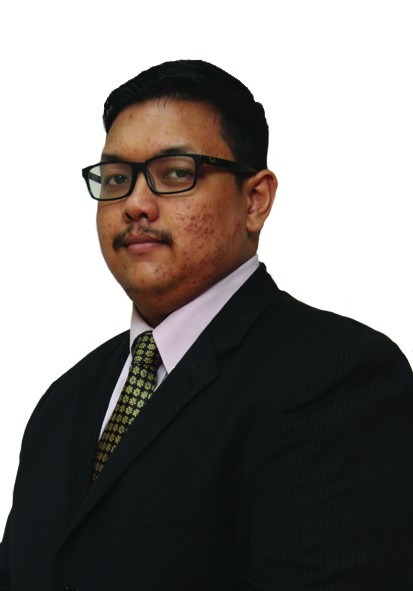
Mr. Fikri Rezzi Basarudin
Assistant Programme Coordinator
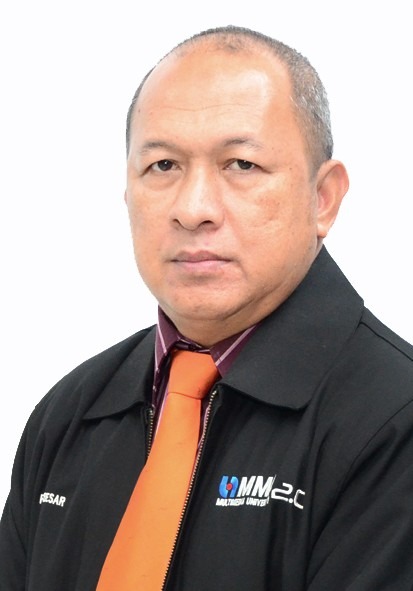
Assoc. Prof. Dr. Rosli Besar
Associate Professor
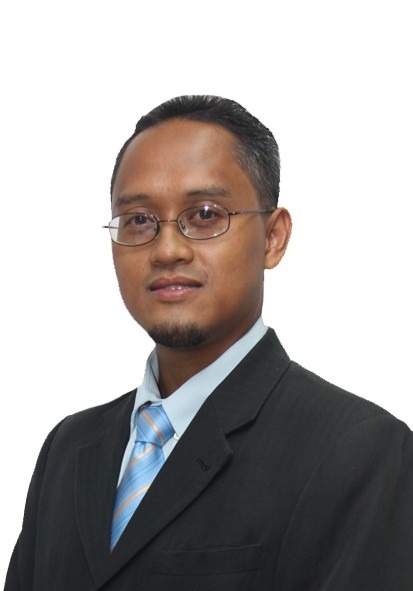
Dr. Mohd Nazeri Kamaruddin
Senior Lecturer
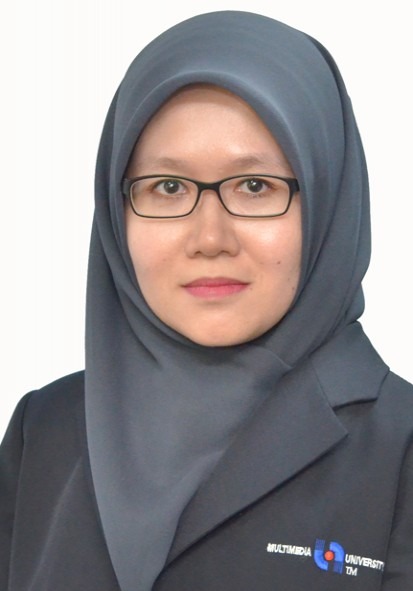
Dr. Nurul Izah Anuar
Principal Lecturer
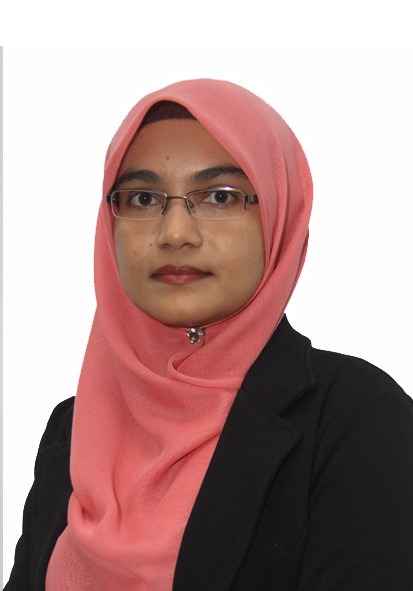
Dr. Syabeela Syahali
Assistant Professor
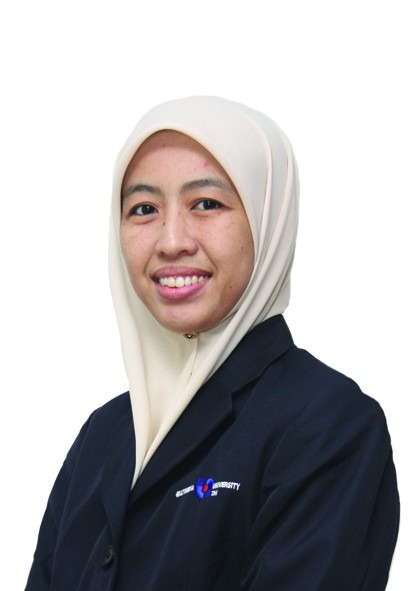
Ms. Hernie Marlynna Mursaid
Foundation Lecturer
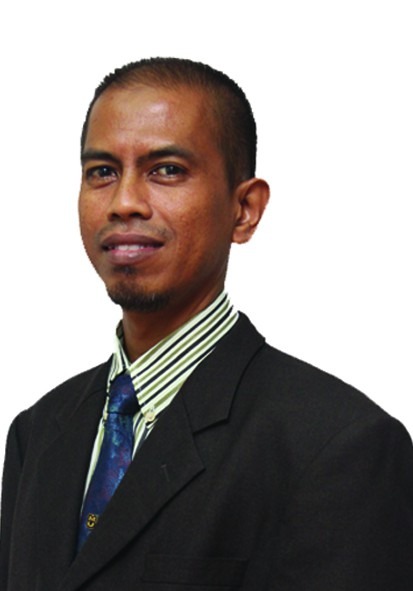
Mr. Noorhisham Hussin
Foundation Lecturer
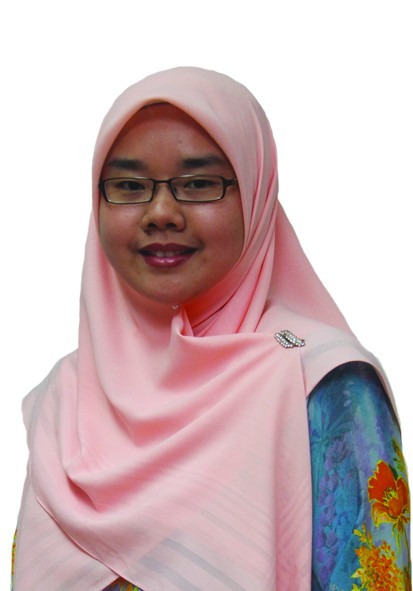
Dr. Nur Hasanah Ali
Foundation Lecturer
INDUSTRIAL ADVISOR
TS. DR. AMINUDDIN BIN AHMAD KAYANI
Technical Director, MRL Engineering, Malaysia
TC. MOHAMAD NOR ZIKREE BIN MOHAMAD YUSOF
Project Delivery Engineer (Network Development), TM Technology Services Sdn. Bhd, Malaysia
EXTERNAL EXAMINER
PROF DR ZAHRILADHA ZAKARIA
Professor, Microwave Research Group (MRG), Faculty of Electronic and Computer Technology and Engineering, University Teknikal Malaysia Melaka (UTeM)
Profesor Dr. Zahriladha bin Zakaria is currently a Professor at Microwave Research Group (MRG), Faculty of Electronic and Computer Technology and Engineering, University Teknikal Malaysia Melaka (UTeM), where he teaches microwave engineering, antenna and propagation, electronic systems, communication principles, wireless communications, and signal processing. He is the Chairman of the University Professor Council, UTeM, the recipient of Top Research Scientist Malaysia (TRSM) 2021, and a corporate member of IEEE. He received the B. Eng. and M. Eng. in Electrical and Electronic Engineering from the Universiti Teknologi Malaysia in 1998 and 2004, respectively, and the PhD degree in Electrical & Electronic Engineering from the Institute of Microwaves and Photonics (IMP), University of Leeds, United Kingdom, in 2010. His research interests include a variety of microwave device development, such as planar and non-planar microwave filters, resonators, amplifiers, and antennas. He also investigates energy harvesting, sensors, and data communications for interdisciplinary applications. He has published more than 400 scientific papers in journals, proceedings, and book chapters. He holds 8 intellectual property rights, and he has won several awards, including gold medal during several research and innovation exhibitions at the national and international level, such as the UTeMEX 2012, 2013 & 2015, Malaysia Technology Expo (MTE 2012-2014 and 2016), ITEX 2016 & 2017, International Trade Fair Ideas Inventions New Products (iENA 2012) in Nuremberg, Germany, and Seoul International Invention Fair (SiiF 2013, 2016, 2017 & 2019) in Seoul, Korea. Dr. Zakaria is an active reviewer for prominent journals such as IEEE Transactions on Microwave Theory and Techniques (MTT), IEEE Sensor, IEEE Access, IEEE Microwave and Wireless Components Letters (MWCL), IET Microwave, Antennas and Propagation, etc.
